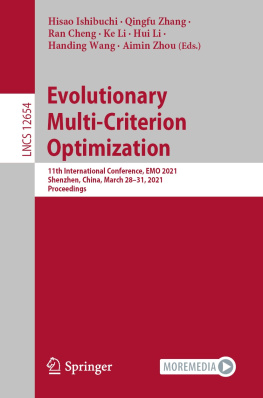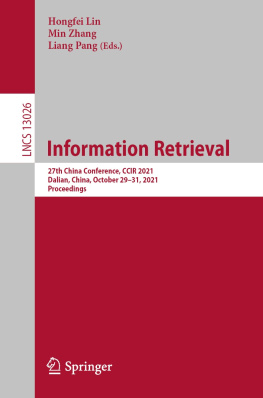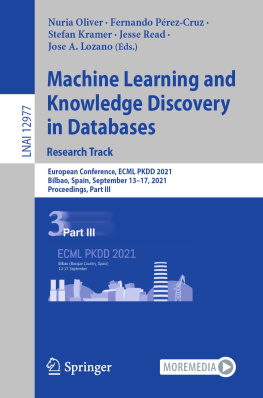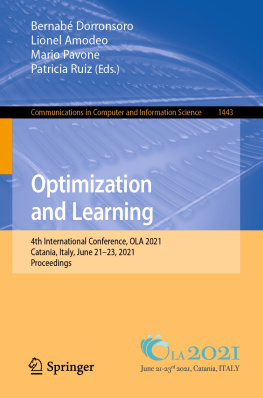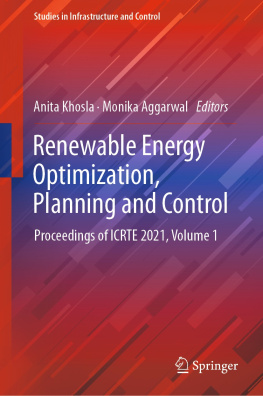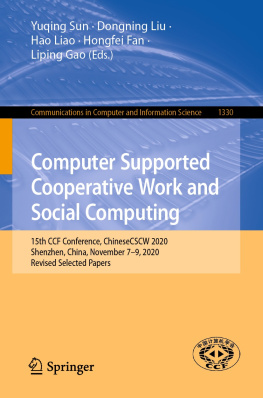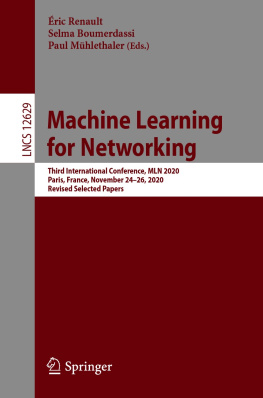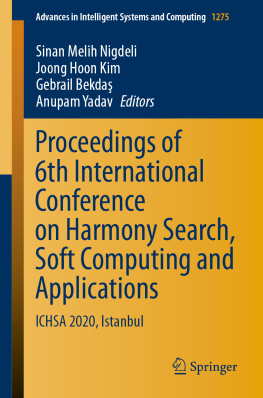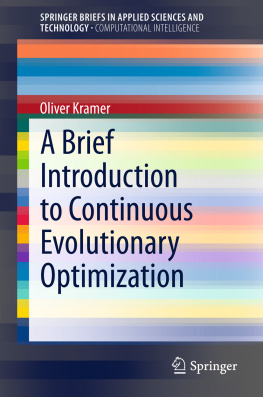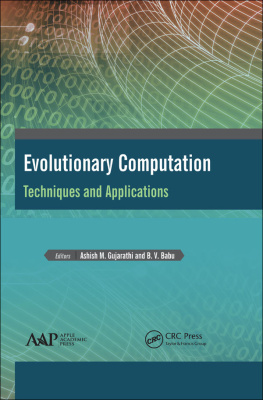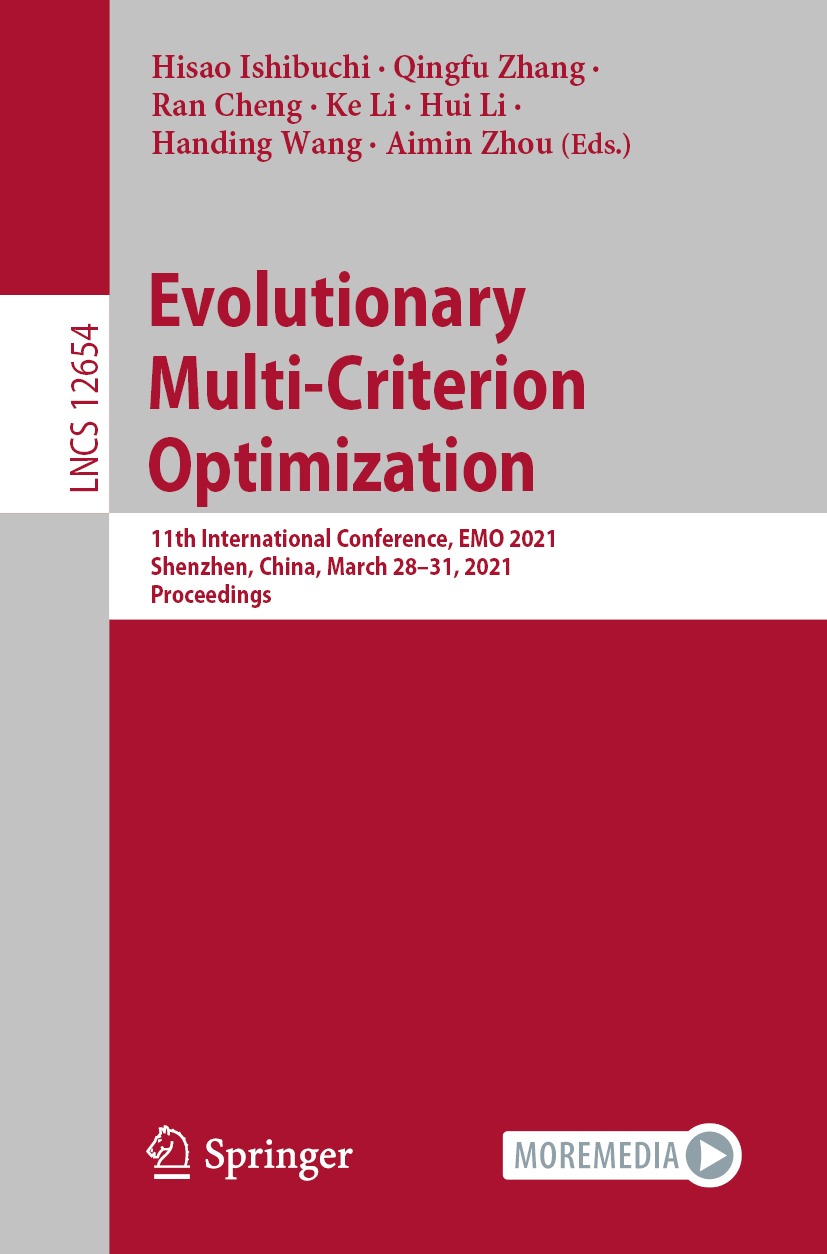Editors
Hisao Ishibuchi
Southern University of Science and Technology, Shenzhen, China
Qingfu Zhang
City University of Hong Kong, Kowloon Tong, China
Ran Cheng
Southern University of Science and Technology, Shenzhen, China
Ke Li
University of Exeter, Exeter, UK
Hui Li
Xian Jiaotong University, Xian, China
Handing Wang
Xidian University, Xian, China
Aimin Zhou
East China Normal University, Shanghai, China
ISSN 0302-9743 e-ISSN 1611-3349
Lecture Notes in Computer Science Theoretical Computer Science and General Issues
ISBN 978-3-030-72061-2 e-ISBN 978-3-030-72062-9
https://doi.org/10.1007/978-3-030-72062-9
Springer Nature Switzerland AG 2021 corrected publication 2021
This work is subject to copyright. All rights are reserved by the Publisher, whether the whole or part of the material is concerned, specifically the rights of translation, reprinting, reuse of illustrations, recitation, broadcasting, reproduction on microfilms or in any other physical way, and transmission or information storage and retrieval, electronic adaptation, computer software, or by similar or dissimilar methodology now known or hereafter developed.
The use of general descriptive names, registered names, trademarks, service marks, etc. in this publication does not imply, even in the absence of a specific statement, that such names are exempt from the relevant protective laws and regulations and therefore free for general use.
The publisher, the authors and the editors are safe to assume that the advice and information in this book are believed to be true and accurate at the date of publication. Neither the publisher nor the authors or the editors give a warranty, expressed or implied, with respect to the material contained herein or for any errors or omissions that may have been made. The publisher remains neutral with regard to jurisdictional claims in published maps and institutional affiliations.
This Springer imprint is published by the registered company Springer Nature Switzerland AG
The registered company address is: Gewerbestrasse 11, 6330 Cham, Switzerland
Preface
The International Conference on Evolutionary Multi-Criterion Optimization (EMO) is a well-established, widely recognized, bi-annual international conference series devoted to both theoretical foundations and practical applications of the theme area: evolutionary multi-criterion optimization. The first EMO conference was born in Zrich (Switzerland) in 2001. Afterwards, it took place on different continents every two years, i.e., in Faro (Portugal), Guanajuato (Mexico), Matsushima (Japan), Nantes (France), Ouro Preto (Brazil), Sheffield (UK), Guimares (Portugal) and East Lansing (USA).
The 11th International Conference on Evolutionary Multi-Criterion Optimization (EMO 2021) took place in Shenzhen, China, during March 2831, 2021. It has been 14 years since EMO came to Asia and it is the first time that EMO has been located in China. Nowadays, China has the largest number of students, researchers and practitioners working at EMO. Shenzhen occupies an important position in Chinas high-tech industries, financial services, foreign trade exports, marine transportation, creative culture and other aspects. It shoulders the important mission of experiments and demonstration in Chinas institutional innovation and opening-up. Born in Shenzhen, SUSTech is an innovative university and has been recognized as a trailblazer in the Chinese higher education system. It aims to become an international high-level research university rapidly. SUSTech has the main disciplines of science, engineering and medicine, concurrently, some disciplines in the humanities and social sciences, all of which make it the perfect place to host EMO 2021 in its modernized building.
EMO 2021 received 120 submissions and a total of 61 papers were accepted for presentation and publication in this volume (acceptance rate around 51%), all of whose authors were invited to give an oral presentation. Given the COVID-19 pandemic, this EMO was special and maybe unique in the conferences history in that it took place in a mixed onsite and online format.
The conference profited from the presentations of four keynote speakers from both academia and high-profile industry: Akira Oyama (JAXA and University of Tokyo, Japan), Tapabrata Ray (University of New South Wales Canberra, Australia), Lixin Tang (Northeastern University, China) and Mark Harman (FACEBOOK and University of College London, UK). In addition, two tutorials were delivered about past, current and future developments of EMO and multi-criteria decision making from two pioneers in the field: Kalyanmoy Deb (Michigan State University, USA) and Kaisa Miettinen (University of Jyvskyl, Finland).
We express our gratitude to all the authors, reviewers, and organizers who made the conference a success. We are grateful to all the authors for submitting their best and latest work, to all the reviewers for the generous way they spent their time and provided their valuable expertise in preparing their reviews, to the program and publication chairs for their hard work in compiling an ambitious scientific program, to the keynote and tutorial speakers for delivering impressive talks, to the competition chairs for creating the framework for the HUAWEI Logistics Challenge, to the publication and publicity chairs for taking care of the EMO proceedings and website, and to the local organizers who helped to make EMO 2021 happen. Last but not least, we would like take this opportunity to appreciate the generous support from HUAWEI Noahs Ark Lab for sponsoring the Logistics Challenge.
Hisao Ishibuchi
Qingfu Zhang
March 2021
Organization
EMO 2021 was organized by the Department of Computer Science, Southern University of Science and Technology, Shenzhen, China.
General Chairs
Hisao Ishibuchi
Southern University of Science and Technology, China
Qingfu Zhang
City University of Hong Kong, Hong Kong SAR, China
Program Chairs
Hui Li
Xian Jiaotong University, China

